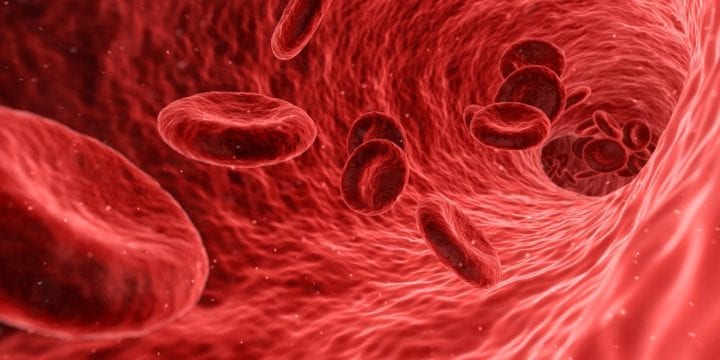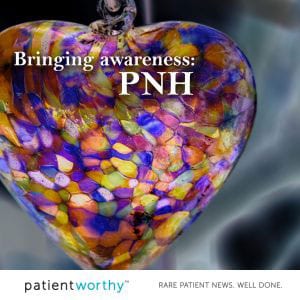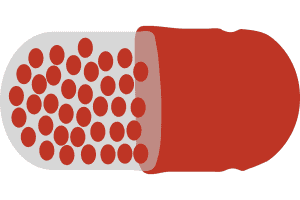According to a press release from July 15, 2021, the Chinese NMPA recently approved an Investigational New Drug (IND) application submitted for CAN106, a potential therapeutic option for patients with paroxysmal nocturnal hemoglobinuria (PNH). This follows a similar IND approval in Singapore from late December 2020.
CAN106
So what exactly is CAN106? This investigational treatment was developed by biopharmaceutical company CANbridge Pharmaceuticals, Inc. (“CANbridge”) in conjunction with WuXi Biologics (“WuXi”) and Privus Biologics (“Privus”). According to a prior news release, CAN106 is:
a recombinant human monoclonal antibody that specifically binds to and neutralizes C5, a component of the complement system, and is intended to prevent the formation of membrane attack complexes on red blood cell surfaces, thereby reducing cell lysis and other symptoms associated with PNH.
Over the past few years, China has greatly improved its IND review process. Clinical trials may now be carried out within 60 days of IND submission so long as no rejection or queries have been made by the NMPA. Additionally, the regulatory approval process is now somewhat expedited. Ultimately, this could help beneficial therapies such as CAN106 get into patients’ hands more quickly.
Paroxysmal Nocturnal Hemoglobinuria (PNH)
PIGA gene mutations cause PNH, an acquired hematopoietic stem cell (HSC) disorder characterized by red blood cell destruction. However, PNH affects all types of blood cells (red, white, platelets). In addition to causing red blood cell hemolysis, it also causes platelet abnormalities. PNH affects males and females equally. Typically, people are diagnosed with PNH between ages 35-40, though it can affect people of other ages. The mean survival is around 10 years following diagnosis, though patients can live longer with milder cases. One known risk factor is having aplastic anemia.
Symptoms associated with PNH include:
- Dark or bloody urine
- Fatigue
- Shortness of breath and/or difficulty breathing
- Chest pain
- Severe headache
- Abdominal pain and contractions
- Fever
- Abnormal blood clotting
- Difficulty swallowing
- Male sexual dysfunction
- High heart rate
- Kidney disease
- Abnormally pale skin







